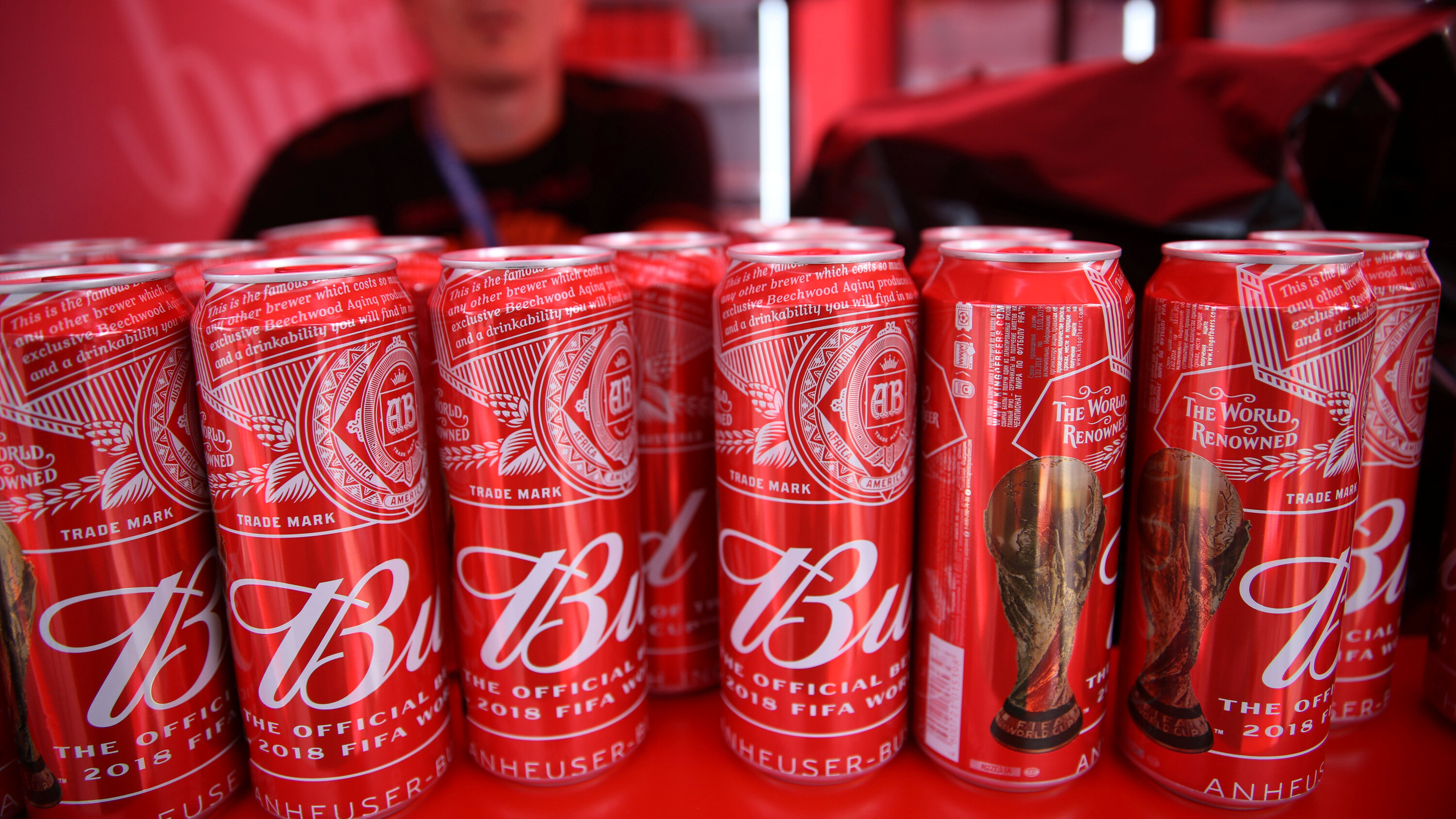Qatar bans beer from World Cup stadiums after 11th-hour U-turn
“Following discussions between host country authorities and Fifa, a decision has been made to focus the sale of alcoholic beverages on the Fifa Fan Festival, other fan destinations and licensed venues, removing sales points of beer from Qatar’s World Cup 2022 stadium perimeters.

Fifa has confirmed alcohol will be banned for World Cup fans in a major and unprecedented volte-face just 48 hours before the tournament will kick off in Qatar. The news that it will not be sold inside or around the perimeter of stadiums was confirmed by Fifa in a terse statement on Friday afternoon.
“Following discussions between host country authorities and Fifa, a decision has been made to focus the sale of alcoholic beverages on the Fifa Fan Festival, other fan destinations and licensed venues, removing sales points of beer from Qatar’s World Cup 2022 stadium perimeters.
“There is no impact to the sale of Bud Zero, which will remain available at all Qatar’s World Cup stadiums.”
It added: “The tournament organisers appreciate AB InBev’s understanding and continuous support to our joint commitment to cater for everyone during the Fifa World Cup Qatar 2022.”
However football’s governing body will now be looking nervously over its shoulders at the prospect of legal action from Budweiser, which has a $75m (£63m) sponsorship agreement with Fifa, and is likely to regard this as a major breach of contract.
In a tweet – since deleted – moments just before the news became official the US beer brand said: “Well, this is awkward…”
The sale of alcohol is strictly controlled in Qatar, a conservative Muslim nation, but organisers had promised that it would be available in match venues and in fan zones – and that it would also be reasonable priced.
However it has now decided that alcohol will be available at matches only in hospitality boxes, where the cheapest suites are nearly £20,000 a match, and some fan zones after 7pm, where it will cost nearly £12 for 500ml of Budweiser.
The Guardian understands that the decision was taken after the Qataris, as the host nation, decided that everyone inside World Cup stadiums had to feel comfortable - and that wouldn’t be the case if fans were seen drinking alcohol or turned up drunk.
In their view, this is a tournament where there will be a large number of supporters from Gulf and Asian countries, where drinking alcohol is not part of the culture. And whereas there are some alcohol-free fan zones in Doha, in a stadium it is hard to escape people who have been drinking.
However it is unclear why they have taken the decision now and not in the 12 years since winning the right to host the World Cup. Until recently organisers had always said that they would find a way to find a middle ground between western fans’ tastes and Qatar’s conservative culture.
That message was reiterated most recently by Fatma al-Nuaimi, head of communications for the Supreme Committee, who said: “When it comes to alcohol, hospitality is part of our culture, even if alcohol is not. There will be designated areas where drinks will be served, especially the fan zones. So it will be in the places where the fans will gather, but not openly on the streets.”
The organisation’s official fan guide also states that “ticket holders will have access to Budweiser, Budweiser Zero, and Coca-Cola products within the stadium perimeter” for at least three hours before games, and for one hour afterwards.
The news was greeted with frustration by the Football Supporters’ Association, which questioned whether the Qataris could now be trusted on their other promises.
“Some fans like a beer at a match and some don’t, but the real issue is the last minute U-turn which speaks to a wider problem – the total lack of communication and clarity from the organising committee towards supporters,” a spokesman said.
“If they can change their minds on this at a moment’s notice, with no explanation, supporters will have understandable concerns about whether they will fulfil other promises relating to accommodation, transport or cultural issues.”


